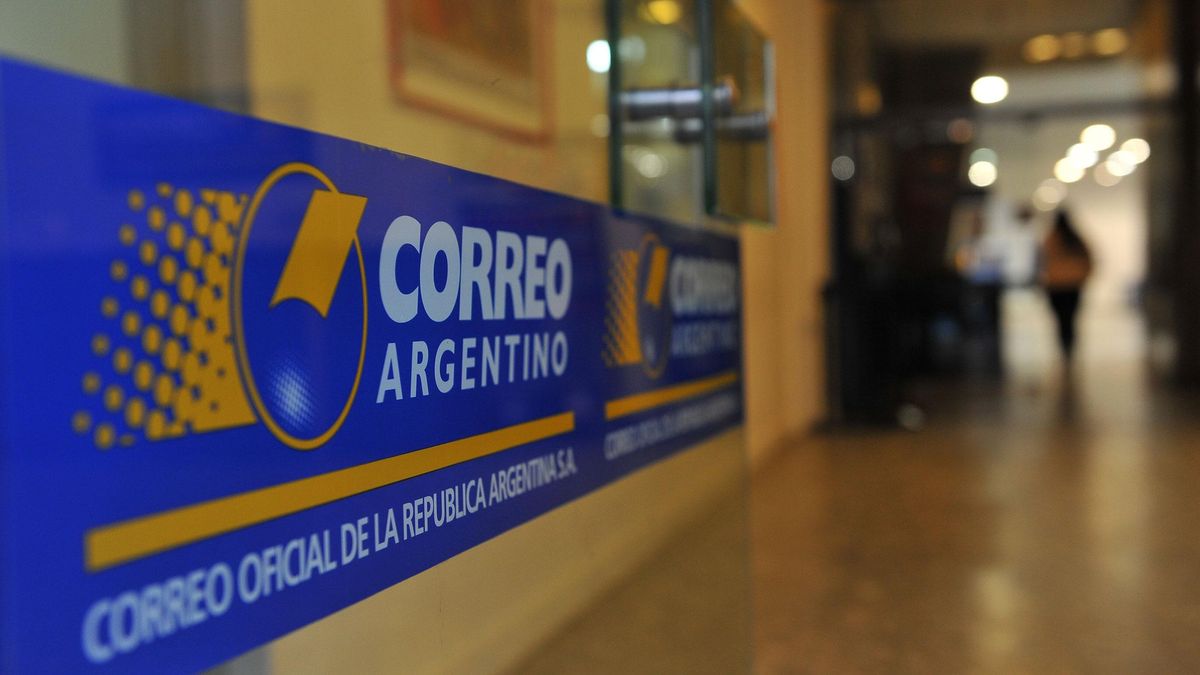Immediately, the highest Court signed another decision in which it sent to the Superior Court of Justice of CABA an incident in the file for the bankruptcy that was being processed in the national Commercial Court. It means a boost to the former president’s strategy.
Just a few minutes after the “Levinas” ruling had been signed, which ratified that the Superior Court of Justice (TSJ) could review decisions of the Appeals Chambers of the National Justice and what referred to the filing of Extraordinary Appeals before the highest Court , The Supreme Court sent the Correo Argentino case involving the family of former president Mauricio Macri to the Buenos Aires court. Strictly speaking, it is the incident that demanded the removal of the judge and the prosecutor from the case that, if successful, could drag down all subsequent decisions made in the case.
The content you want to access is exclusive to subscribers.
By analogy to what was resolved in Levinas and with the dissent of Carlos Rosenkrantz, Horacio Rosatti, Juan Carlos Maqueda and Ricardo Lorenzetti decided on a page to refer to their arguments to resolve in the file “Socma Americana SA on unconstitutionality appeal denied (commercial) in Correo Argentino SA on preventive bankruptcy on incident of recusal with cause”. This incident was where the conflict of jurisdiction between the ordinary justice system and who could review it was sought to be raised: the Supreme Court or the TSJ as a prior instance.


“That by application of the doctrine established by the Court on the date of this date,” in reference to the Levinas case, “it is established that the Superior Court of Justice is the superior court of the case referred to in article 14 of Law 48, and consequently, it is competent to review the sentence handed down by Chamber B of the Commercial Appeals Chamber,” the Court held in two paragraphs, which means an unexpected boost – due to its speed – to improve the file status commercial that threatened the empire of the former president’s family.
“It is resolved, by majority, to refer the proceedings to the TSJ for its purposes. Please inform Chamber B of the National Chamber of Commercial Appeals”ends without further considerations. Now, the commercial court must deliver the Post Office bankruptcy file to the TSJ – which will analyze the challenges – whose design was implemented during Macri’s various administrations as head of Government and was news that brings relief to the former president who had already tried the path of avoiding commercial jurisdiction (especially prosecutor Gabriela Boquin) to have a better perspective.
The Argentine Mail case
Navigating in commercial justice for decades, SOCMA’s lawyers had tried to challenge Judge Marta Cirulli and by extension also the prosecutor of the Gabriela Boquín case, whose ruling had been lapidary on the company’s debt to the National State for the commercial litigation.
The shareholders of SOCMA went directly to the TSJ with the aim of appealing to the judge and therefore, avoiding the specter of a bankruptcy extended to those who appear as shareholders of SIDECO Americana, the heirs of Franco Macri. The conflict of jurisdiction escalated to the Supreme Court, which had given indications that the sentences of the “ordinary” commercial justice could have one more instance of review in the Buenos Aires TSJ, placing it in a place analogous to the superior courts of the provinces. For the judges there is a different problem that flooded the judicial chats in the middle of the afternoon regarding what a forced transfer and being “municipalized” represents. The acting Attorney General Eduardo Casal had been against this possibility, something similar to what was expressed in the dissent of Minister Carlos Rosenkrantz.
For the former president’s relatives, it is a desired scenario because according to what the TSJ now determines, they could reverse the decisions adopted by Cirulli and seek to expel Boquín, and they could even manage to bring down the bankruptcy declaration of the company that, although residual, could have spread to other controlling companies of the holding company. That was the main risk that SOCMA representatives saw, especially when the then government of Alberto Fernández had asked in 2021 to extend the bankruptcy to other Macri family companies.
Source: Ambito




